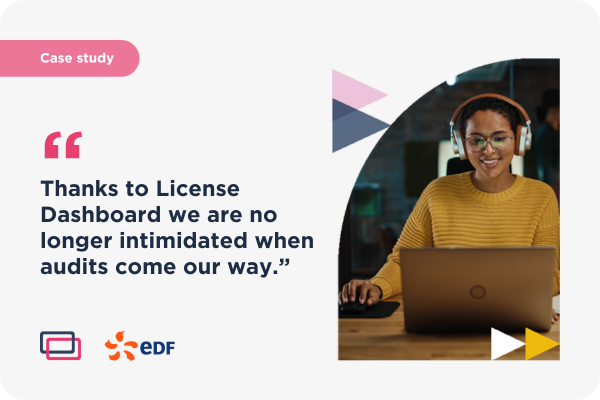Changes to SQL Server 2014 End of Life
5th July 2024
fifteen
Blog,
SQL Server 2014 will reach its End of Life (EoL) and start its Extended Security Updates (ESU’s) phase on 9th July 2024. Don’t let your organization fall behind and miss out on vital security updates by finding out what you need to do before SQL 2014 EoL now.
To avoid problems and threats to your organization from these changes, it’s important to have a solution ready before SQL Server 2014 EoL happens.
This is the opportunity to explore your options and choose a solution that works for your organization and its requirements.
You have several options, ranging from migration, upgrading, and subscriptions.

Migrate to stay ahead of updates
Migrate to Azure SQL
To keep your servers running smoothly, you can switch to Azure SQL and enjoy the benefits of cloud computing. By choosing Azure, your organization will enhance innovation, security, and compliance.
Azure SQL uses the same engine as SQL Server, which makes migration easier and the platform user-friendly. You can use the same tools, languages, and resources that you are used to, but with more efficiency and accessibility in the cloud. Azure also updates automatically, so you won’t have to worry about EoL or upgrades again.
Migrate your workload to an Azure Virtual Machine to receive free Extended Security Updates
If you are looking to move your SQL Server workloads to the cloud with minimal changes to your code or architecture, you should migrate them to an Azure Virtual Machine.
Azure Virtual Machines support SQL Server and offer free ESU’s. This allows you to keep your servers safe and compliant as you prepare your modernization plan while gaining the benefits of both SQL Server and the cloud.
IT and SAM news delivered straight to you
Upgrade to a newer version of SQL Server
You can keep using SQL Server on-premises by upgrading to a newer and supported version. This way, you get a stable environment, new features, and the support cycle of the new version.
If you use SQL Server 2014 now, you can upgrade to Windows Server 2016 or 2019. You have to upgrade in order, one version at a time. You can also move to Azure while you upgrade.
Get an Extended Security Updates subscription
If your organization wants to maintain its current position and keep using SQL Server 2014 as it is, buying an ESU subscription is the best option.
Customers who qualify for Software Assurance under an Enterprise Agreement (EA) can easily buy and deploy ESU’s through Azure Arc, in both on-site and cloud environments. ESU by Azure Arc offers you more adaptability, letting you decide on your next steps at your own pace.
Time is running out for SQL 2014, but you can relax. You have many choices to protect your data and comply with regulations, whether you want to keep your current setup, update to a newer version, or switch to the cloud. Whatever you decide, we’re here to support you in making the change as simple and hassle-free as possible.
We're here to support youFind out more about SQL Server licensing
SQL Server licensing can be complex to navigate. To help you effectively manage and identify how each version and edition is licensed, our specialists have put together a brief overview of each version and how they work to ensure you get the most out of your licensing.
About License Dashboard
Our mission is to enable Software Asset Management (SAM), IT, Finance, and Procurement Teams to make informed decisions and take proactive action. Alongside our partners, we offer the most valuable and powerful license management services on the market.
We use a blend of in-house SAM technologies and licensing expertise to take on the time-consuming, complex license management tasks and produce the business-critical license intelligence required to move forward. From point-in-time Effective Licensing Position (ELP) programs through to ongoing license compliance and SAM initiatives, License Dashboard and its partners will help you establish, understand, optimize, and manage your software assets. All of which can lead to savings of up to 30% in your overall IT expenditure.















